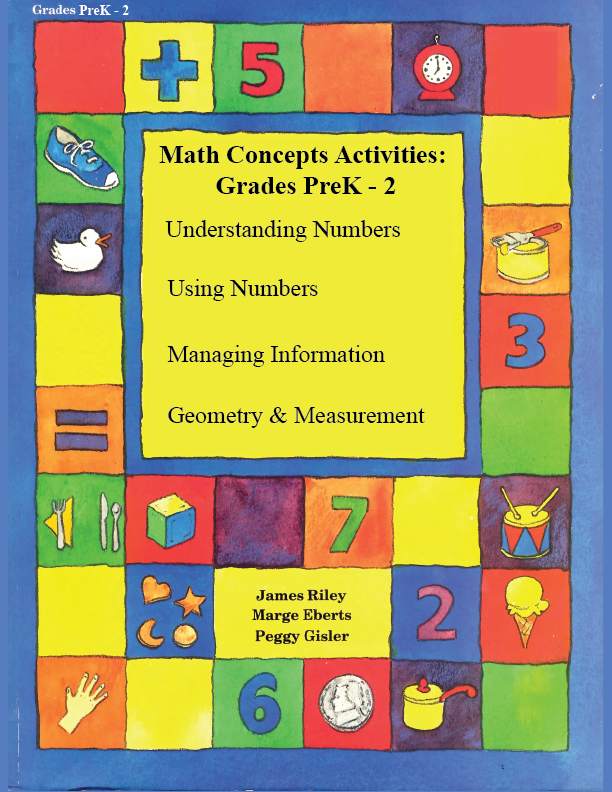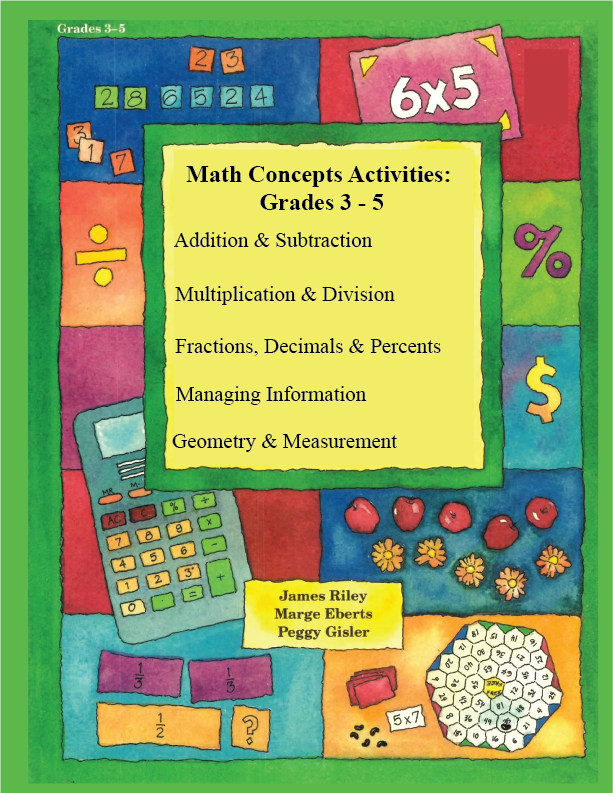Kids no longer Are Reading for Fun

Over the past 40 years, there has been a significant decline in both children and adults reading just for fun. And the older children get, the less they now read recreationally. However, young beginning readers will still read for fun almost every day. But by the time they are teens about 30 percent never or hardly ever read for fun. Why has this happened? You can blame much of the decline on the fact that books cannot compete with screens.
The results of children spending less time on reading recreationally have shown up in lower scores for fourth and eighth graders on the National Assessment of Educational Programs. The less children read, they not only miss out on the joy of reading but also fail to expand their vocabularies and learn about the world.
So what can you as parents do to encourage your children to pick up books and read them. If you have abandoned reading, turn things around for your children by letting them see you read more. And read to them. To start them out, introduce them to popular series like Amelia Bedelia for younger children and then to Harry Potter. Get them e-books with narration and animation, graphic novels, and even comic books.









